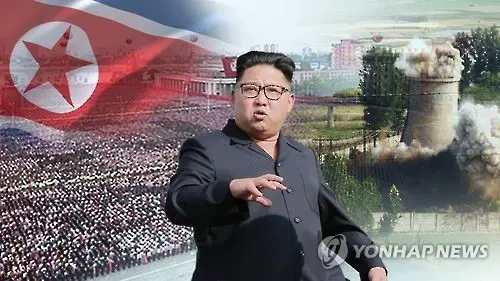South Korea and Japan plan to sign a military intelligence-sharing pact this week to better counter mounting threats from North Korea, the defense ministry said Monday.
The two countries signed a provisional General Security of Military Information Agreement (GSOMIA) last week, less than a month after they resumed discussions on Oct. 27.
"We are planning to formally sign the GSOMIA on Wednesday upon approval by President Park Geun-hye after it is passed by the Cabinet on Tuesday," a ministry official said.
Defense Minister Han Min-koo and Japanese Ambassador to Seoul Yasumasa Nagamine are expected to sign it at the defense ministry in Seoul, he said.
"The two sides have agreed to add the word 'military' to the name of the agreement this time," another ministry official said.
Back in 2012, when they failed to seal the pact due to strong objections in South Korea, the pact's name didn't carry the sensitive word "military."
Opposition parties and progressive activists have opposed the deal, arguing Japan has not sincerely apologized for its wartime atrocities while moving to expand its military role overseas.
Three opposition parties -- the Minjoo Party, the People's Party and the Justice Party -- said they will submit a joint motion to dismiss the defense minister on Nov. 30.
The GSOMIA pact will also include a new expression of "specific secrets" to reflect Japan's 2013 specific secrets protection law, which articulates 55 items of classified information in four categories -- defense, diplomacy, anti-espionage and anti-terrorism, the official said. Any violation of the law could lead to a maximum of 10 years in prison.
In December 2014, South Korea, the U.S. and Japan signed a preliminary deal that calls for the voluntary sharing of military secrets on North Korea's nuclear and missile programs. The deal allows Seoul and Tokyo to share such intelligence via the U.S. after their bilateral pact fell through in 2012.
Pyongyang's repeated provocations have provided strong momentum for Seoul and Tokyo to resume discussions about the GSOMIA. The communist country conducted two underground nuclear tests this year alone, following detonations of nuclear devices in 2006, 2009 and 2013.
Defying international condemnation, North Korea has also test-fired more than 20 ballistic missiles so far this year, including intermediate-range Musudan and submarine-launched missiles.
Currently, Seoul maintains pacts with 32 countries for sharing military information. It has recently asked China to start negotiations on such a pact, but China has not responded yet.
(YONHAP)
 简体中文
简体中文

